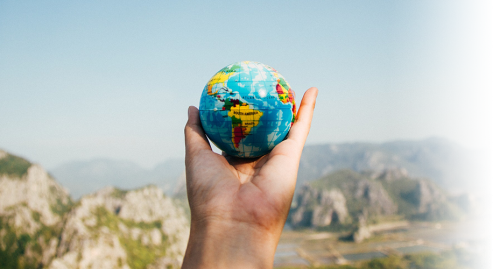
Meaning of a Global Perspective
A global perspective on freedom of expression borrows from different disciplines and theories, including international law, global norms formation, comparative jurisprudence and international legal pluralism. As such, it covers the international institutions, treaties, soft law and jurisprudence underpinning international free speech standards. It includes analyses of national constitutions, laws and jurisprudences to identify convergence and conflicts across jurisdictions. It focuses on the extent to which global norms of freedom of expression have emerged and cascaded around the world and the actors and forces responsible for it. Finally, a global perspective on freedom of expression is predicated on the notion that multiple legal orders support judicial dialogues but the existence of a “global village of precedents.”
